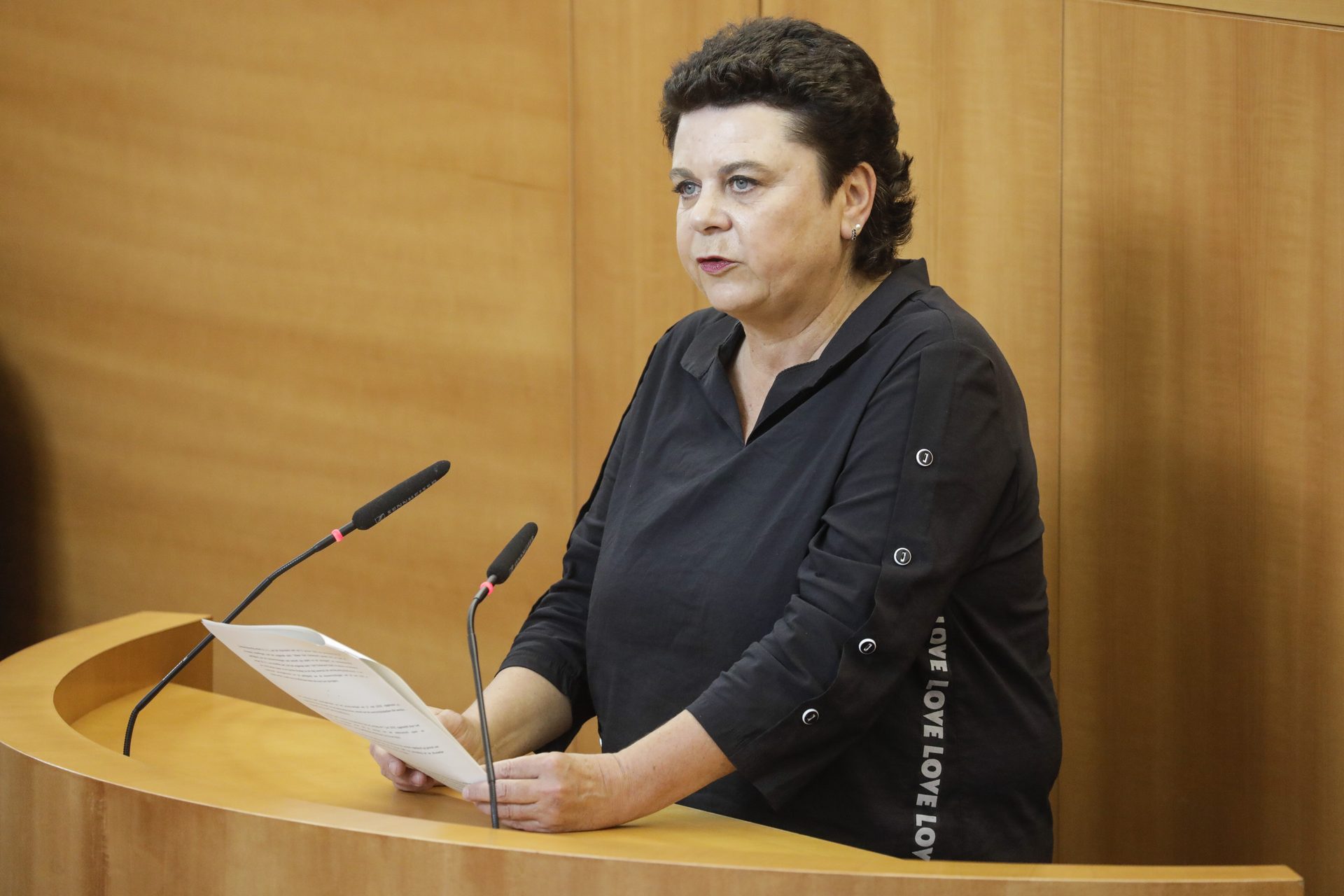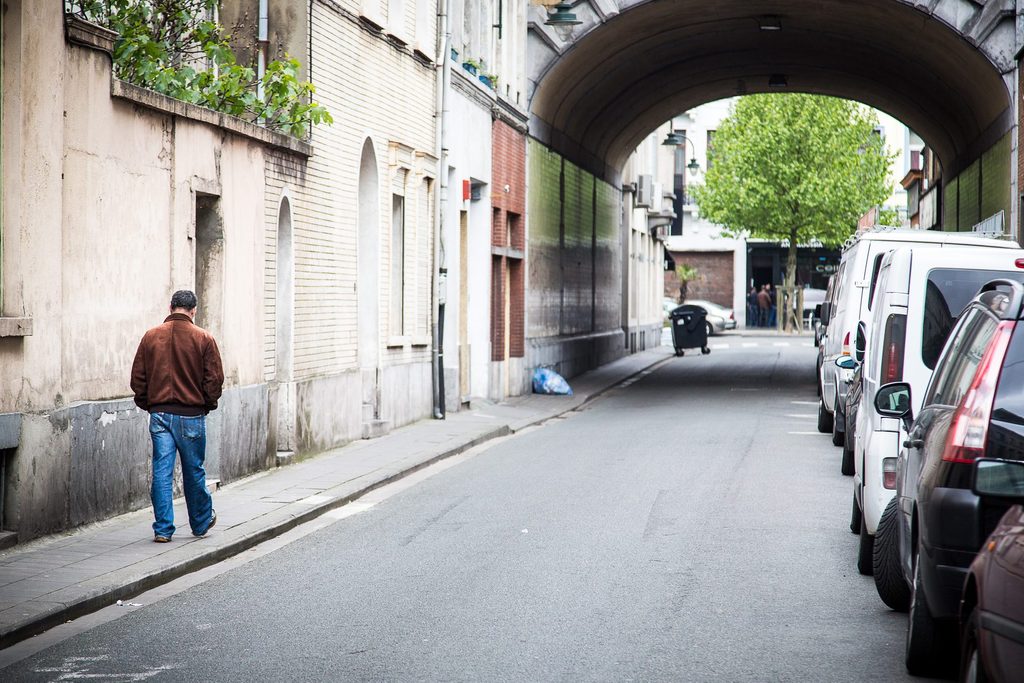A leading Brussels politician has condemned government and social "discrimination" against single childless people, calling for a radical overhaul of the way in which such individuals are taxed and treated in Belgium's capital city.
In an interview with The Brussels Times, Carla Dejonghe (Open VLD) noted that, despite making up nearly half (47%) of all Brussels residents, single childless people are typically not taken into account by government officials when designing or implementing policies.
"The classic family of two parents and two children is still the norm in the eyes of policymakers," she said. "This leads, among other things, to measures that are disadvantageous for single people, in terms of taxes, housing and more."
Taxing times
Single childless people in Belgium are among the most heavily taxed in the industrialised world. A recent study by the Organisation for Economic Co-operation and Development (OECD) showed that single childless people earning the average wage in Belgium pay up to 52.3% of their salary in taxes. Meanwhile, the OECD average is 41.3%.
Single childless households have also become increasingly common in recent years, with the number of single childless people across the EU having risen by 28% from 2009 to 2021. In Belgium, the number of single childless households rose by 22% during the Covid-19 pandemic; conversely, there are now 10.5% fewer married couples with children compared to 2013.
All of this suggests that Dejonghe is correct in her assessment that policies need to take into account this changing dynamic. "The classic family can no longer be the norm for making new laws," she said.
'Disproportionate and unfair'
Dejonghe has mentioned several specific proposals to address the "disproportionate and unfair" financial burden placed on single childless people. One proposal is an overhaul of Belgium's system of fixed-rate tariffs, which typically fail to take into account the number of people living in a single household.
"The electricity or heating of a single person's home costs as much as that of a family," Dejonghe explained, "The problem here is that the fixed costs are the same whether you live alone or in a family." She noted that a "more equitable" arrangement would instead be to take consumption into account in the imposition of such fees.
Dejonghe also emphasised the often underlooked way in which inheritance taxes impact single childless people. Indeed, she suggested that inheritance taxes are the "most discriminatory" suffered by such individuals.

Carla Dejonghe, pictured giving a speech at the Brussels Parliament. Credit: Belga / Thierry Roge
In particular, Dejonghe noted that single childless people who wish to leave their possessions to "third parties" (e.g. a close friend, godchild, niece or nephew) can be expected to pay up an inheritance tax of up to 80% in Brussels, whereas those who want to leave their possessions to their spouses or children can pay as little as 3% (and a maximum of 30%).
"Leaving your inheritance to your children or partner provides the most advantageous inheritance tax, but single childless people simply do not have this option," she said. "Giving your inheritance to someone outside the family circle, even a sibling, means mostly good news for the state."
Ultimately, Dejonghe called for a "lifestyle-neutral taxation, tailored to the individual lifestyle rather than the traditional family situation."
"Taxation should neither favour nor disadvantage certain forms of living," she added.
Cultural shifts
Finally, Dejonghe stressed the need for a broader cultural transformation of the way in which single childless people are perceived and stigmatised in Brussels and, indeed, much of the rest of the world.
As she noted in a discussion paper delivered to the Brussels Parliament last year, "a person sitting alone at the table is often perceived as sad or lonely", when in fact this is frequently not the case.
"This drastic change will involve not just numerous administrative obligations and practical matters, but often also big emotions," she said. "But everyone can do their bit, not just politicians. Local restaurants can develop single-friendly policies. In the workplace, respect for everyone's wishes can be ensured."
Related News
- Single people without children most affected by high taxes in Belgium
- Living alone has become the norm in Belgium
Dejonghe further noted that those who are currently in more traditional relationships (i.e. who are married or have children) should also be calling for such measures, given that they, too, have a good chance of finding themselves alone at some point in their lives.
"Many people end up alone as a result of changing situations," Dejonghe said. "There is no age limit on living alone. The group [of single people] is very diverse: singles, people who are divorced, widows and widowers, single-parent families, etc."
She added: "Being single is often not a conscious choice but rather the result of a change in your life. I always say, 'It will happen to everyone one day, want it or not.'"

